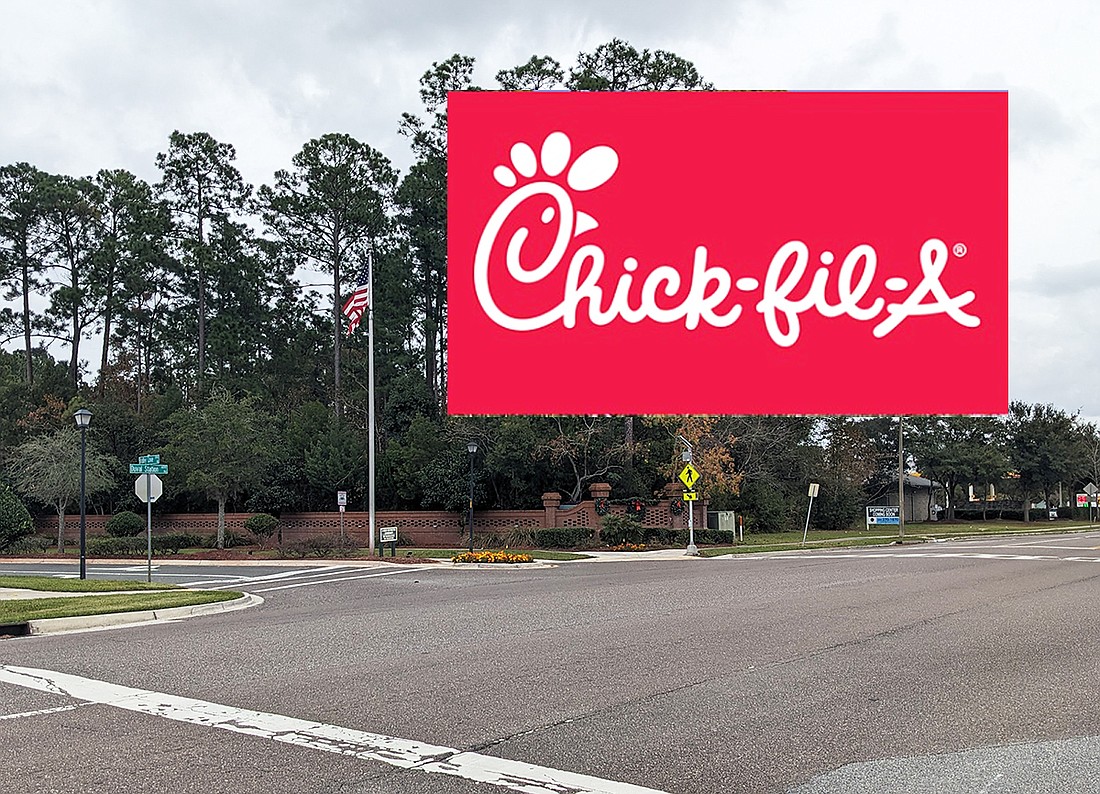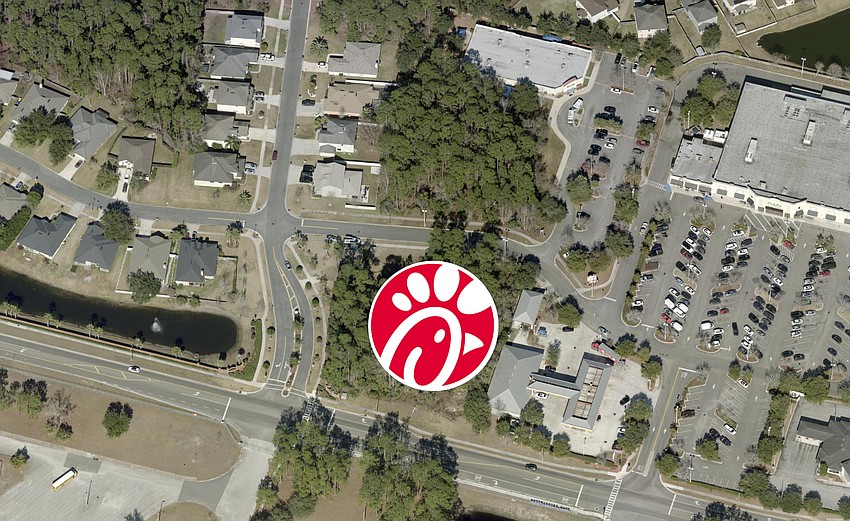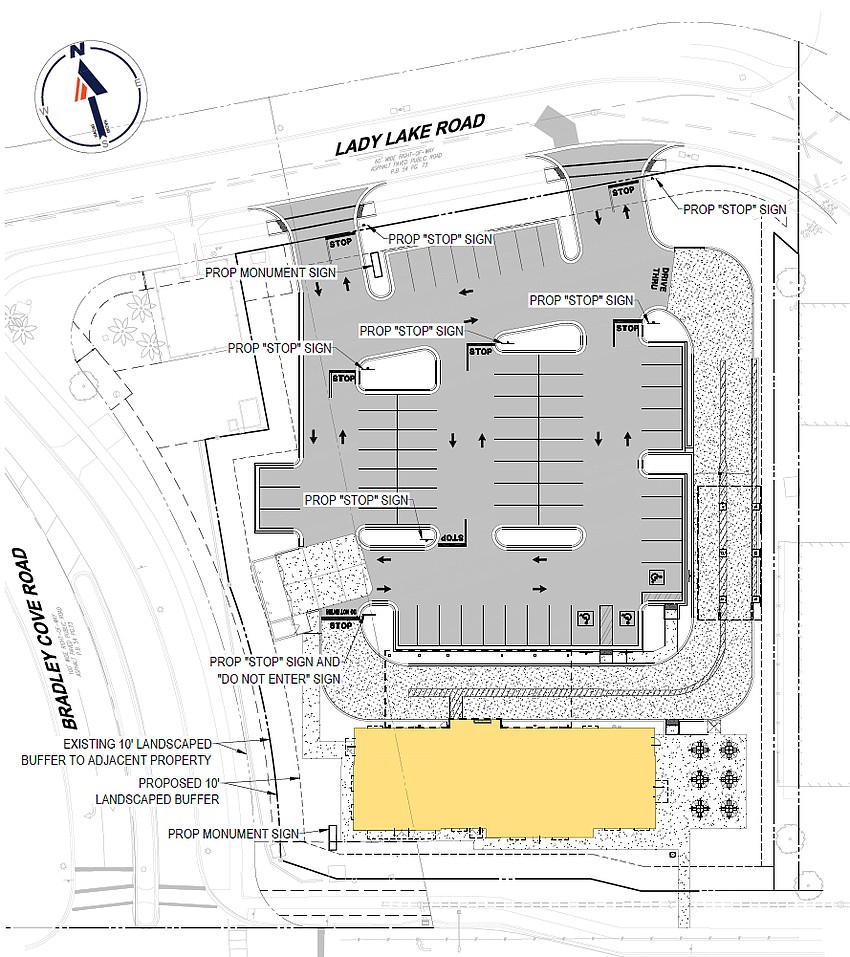
The City Council Land Use and Zoning Committee made no decision Feb. 21 on whether or not to recommend zoning approval for a proposed Chick-fil-A near the North Creek subdivision in North Jacksonville.
LUZ Chair Kevin Carrico used the power of his position to defer the issue until the April 16 LUZ meeting after a traffic study is completed.
Property owner RBSSSS LLC applied for rezoning to the Planned Unit Development to allow construction of the double drive-thru restaurant on a vacant 1.39-acre site between Duval Station and Lady Lake roads near the Publix-anchored and owned Duval Station Centre.

At the LUZ meeting at City Hall, 74 residents of North Creek and the surrounding area opposed the zoning that would allow Chick-fil-A to use the subdivision entrance and Lady Lake Road to gain access the restaurant drive-thru.
The public hearing lasted two hours with 19 residents speaking and another 55 stating their opposition to the rezoning in Ordinance 2023-0856.
Besides traffic, area residents spoke of concerns about drainage, light pollution, increased crime, pedestrian safety, reduced property values and blocked access to their homes. The impact of planned new residential areas and businesses also were concerns.

At its Feb. 13 meeting, the Council sent the issue to LUZ. However, the proposal was to ask LUZ to approve the bill and then mandate that Chick-fil-A conduct a traffic study.
Council members Rory Diamond and Reggie Gaffney Jr. said this was backward. They wanted the study before the vote. Thomas Ingram, the attorney representing the developer and Chick-fil-A, agreed to the request.
Council member Rahman Johnson was concerned that First Coast High School would be on spring break during the traffic study and throw off the data.
According to committee rules, Carrico didn’t need a vote to defer the bill. He said the bill would come before LUZ on April 16 if the traffic study had been conducted during optimum traffic congestion.
The study and any recommended fixes such as lengthening turn lanes or traffic lights will be paid for by the developer. The study itself could cost more than $1 million, said Laura Santana of the city’s Planning and Development Department.